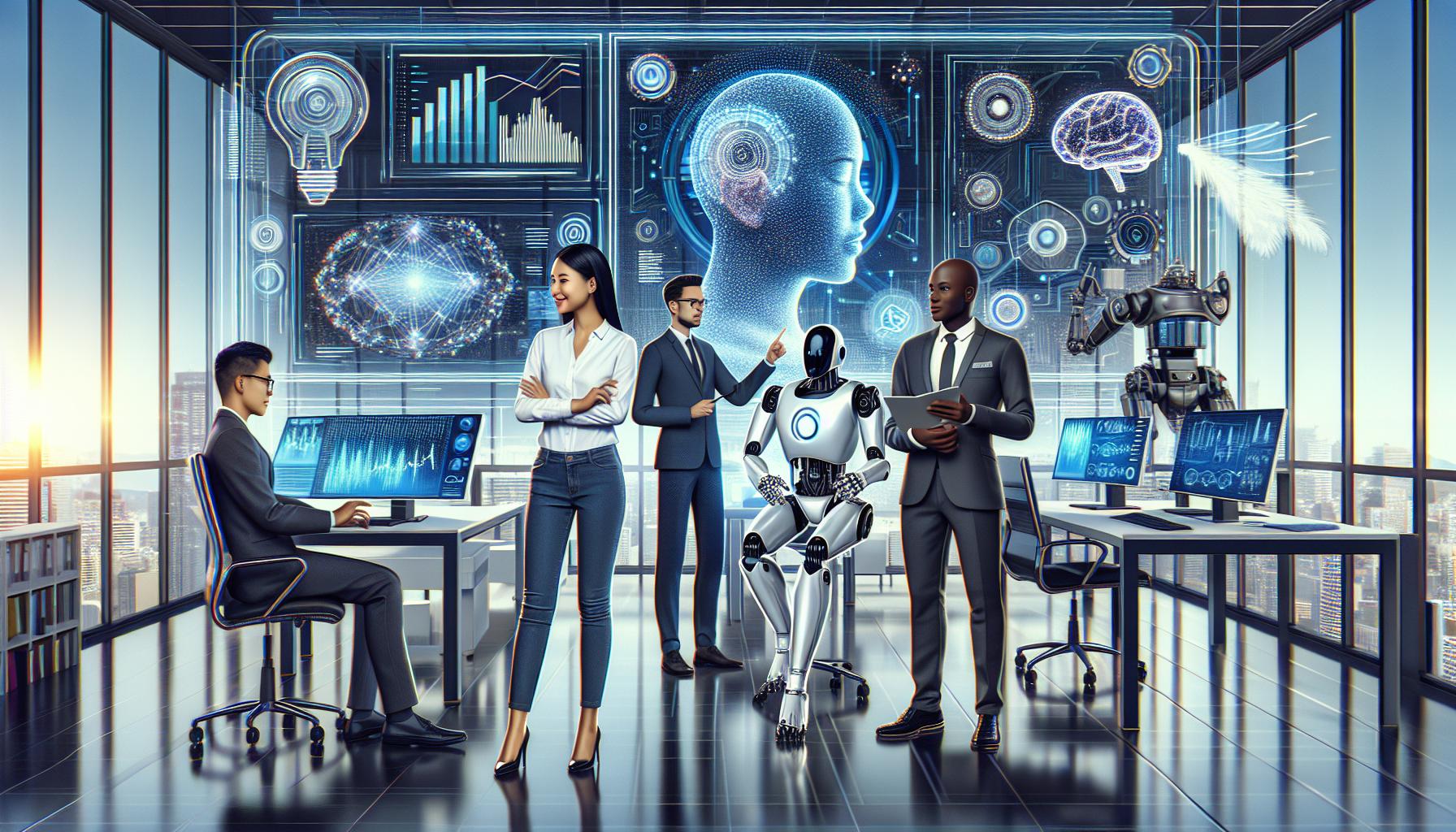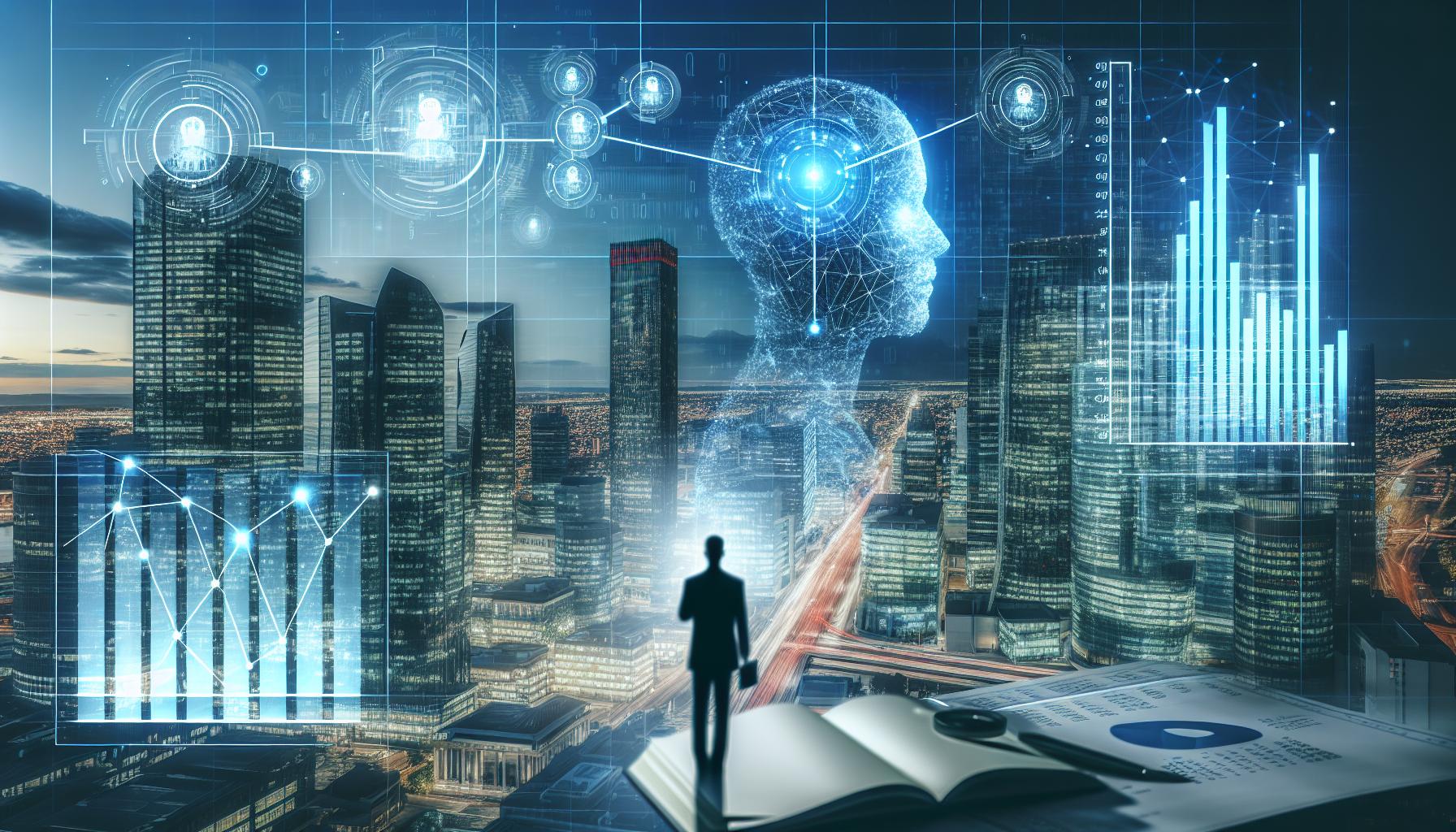Will AI Replace Jobs or Make Them More Meaningful?

Introduction
The advent of Artificial Intelligence (AI) has sparked a myriad of debates regarding its potential impact on the labor market. Some fear that A.I. will lead to massive job displacement, while others believe it will transform jobs, making them more meaningful by automating mundane tasks. This blog examines the latter perspective, arguing that AI, much like past technological innovations such as the industrial revolution and the invention of the internet, will likely reshape rather than reduce employment. By focusing on enhancing the nature of work, A.I. can contribute to a more fulfilling and economically rewarding labor market.
The Nature of A.I. and Mundane Tasks
AI excels at automating repetitive and time-consuming tasks. These tasks, often mundane and requiring minimal cognitive effort, currently consume a significant portion of employees' time. For instance, data entry, scheduling, and basic customer service inquiries can be efficiently handled by A.I. systems. This automation allows human workers to redirect their efforts toward tasks that require creativity, critical thinking, and emotional intelligence—skills that A.I. cannot easily replicate.
Enhancing Job Fulfillment
When employees are liberated from routine tasks, they can engage in more meaningful work. Meaningful work often involves solving complex problems, innovating, strategizing, and building relationships—activities that provide a sense of accomplishment and purpose. The correlation between job fulfillment and the nature of work is well-documented; employees who find their work meaningful report higher levels of job satisfaction and overall well-being.
The automation of mundane tasks by A.I. thus has the potential to make jobs more fulfilling. As workers focus on tasks that they find engaging and impactful, their job satisfaction and productivity are likely to increase. Moreover, meaningful work often comes with greater responsibility and visibility within an organization, potentially leading to higher compensation and career advancement opportunities.
Historical Parallels: Industrial Revolution and the Internet
Examining history provides valuable insights into how technological advancements impact employment. The industrial revolution, for instance, introduced machinery that automated many manual tasks. While some jobs were indeed displaced, the overall effect was an increase in employment opportunities. New industries emerged, and the demand for skilled labor rose. Workers adapted by acquiring new skills and transitioning to higher-level positions.
Similarly, the invention of the internet revolutionized the labor market. While traditional roles such as typists and clerks saw a decline, entirely new sectors like e-commerce, digital marketing, and IT services flourished. The internet created more jobs than it eliminated, demonstrating that technological innovation often leads to a net positive effect on employment.
AI's Potential Impact on the Future Labor Market
AI is poised to follow a similar trajectory. By automating routine tasks, A.I. can free up human capital for more valuable work. This shift does not necessarily mean job losses; rather, it signifies a transformation in job roles and required skills. Employees will need to adapt by developing skills that complement AI, such as advanced technological literacy, creativity, and emotional intelligence.
Moreover, AI's integration into the workplace is expected to spur new industries and job categories that do not currently exist. Just as the internet led to the rise of web developers, digital content creators, and cybersecurity experts, A.I. will likely create roles focused on A.I. maintenance, oversight, and ethical management.
Conclusion
AI's impact on the labor market is complex and multifaceted. While it will undoubtedly automate many routine tasks, this automation opens the door for workers to engage in more meaningful, fulfilling, and economically rewarding activities. Historical precedents such as the industrial revolution and the invention of the internet suggest that such technological advancements lead to an overall increase in employment opportunities through the creation of new industries and job roles.
In preparing for this transition, it is essential for both workers and organizations to focus on continuous skill development and adaptability. By embracing A.I. as a tool that complements human capabilities rather than replacing them, the future labor market can be one where jobs are not only preserved but also enriched.


